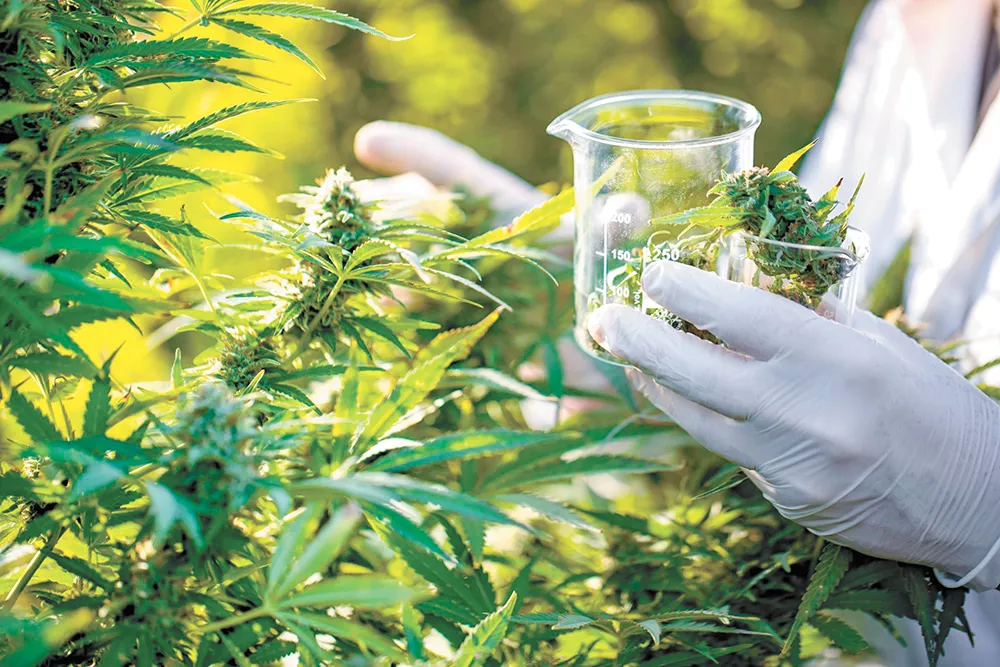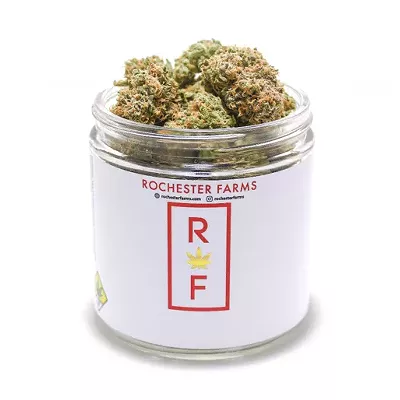One of the strangest monopolies in the United States is coming to an end, and it marks a major step forward in federal policy on marijuana.
Last week, the Drug Enforcement Administration put out a press release calling for the production of 3,200 kilograms of marijuana for research in 2020. That's triple the amount the DEA allowed for in 2018.
The announcement comes as the DEA is loosening restrictions on growing federally legal marijuana intended for research purposes.
For decades, there was only one place in the country where federally legal marijuana could be grown: a farm at the University of Mississippi. Last month, however, the DEA announced that it was in the process of registering additional marijuana manufacturers who would be able to grow and produce marijuana for legal research.
"We support additional research into marijuana and its components, and we believe registering more growers will result in researchers having access to a wider variety for study," DEA acting administrator Uttam Dhillon says in a press release.
Taken together, these announcements show that the federal entity that still considers marijuana to be a Schedule I drug — as dangerous and illegal as, say, heroin — is actually getting serious about researching marijuana. Observers expect the process will likely prove to the agency that marijuana is clearly not as dangerous as heroin. It's also, even if the feds refuse to accept this, de facto not as illegal as heroin.
This comes at a time when the push towards legalization is bubbling up to the federal level. On Sept. 10, the front page of USA Today was dominated by a Venn diagram showing where each of the Democratic candidates for president stood on the issue. Of the 20 candidates listed, 14 support, at a minimum, full federal legalization.
Even now, under the administration of President Trump, federal acceptance of marijuana is growing. It was Trump's DEA that made these announcements. Trump's attorney general, William Barr, has thrown his support behind the announced changes, too.
"I am pleased that DEA is moving forward with its review of applications for those who seek to grow marijuana legally to support research," Barr says in a statement.
Regardless of who wins the White House in 2020, the federal government has already begun charting a path that will lead to, at the very least, a better understanding of marijuana. And that's a step in the right direction, whether it's towards legalization or not. ♦





















